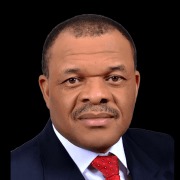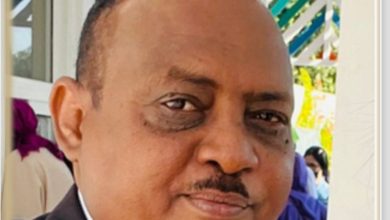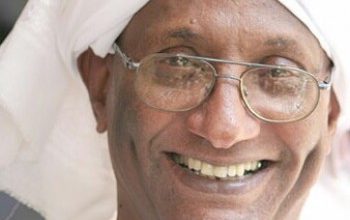What Turmoil in Ecowas Means for Nigeria and Regional Stability (3-9)

As it accounts for half of West Africa’s population and 67 per cent of its gross domestic product, Nigeria has long been the dominant power in the bloc. It provides more than 50 per cent of the funding for the ECOWAS Commission, the bloc’s top administrative and executive body. It has also been the lead contributor to ECOWAS peacekeeping operations. It hosts, in Abuja, its federal capital, three of the organisation’s key institutions, namely the Commission headquarters, the ECOWAS Parliament and the ECOWAS Community Court of Justice.
A strong ECOWAS helps undergird Nigeria’s status as a power not just in West Africa but on the continent as a whole. It is a force multiplier for Abuja and a mainstay of the region’s security architecture. In its heyday, spanning the 1990s and 2000s, ECOWAS sent peacekeeping missions that helped end armed conflicts in Liberia, Sierra Leone and Guinea-Bissau (with significant Nigerian participation in the first two cases) and helped restore democracy in The Gambia. The African Union and foreign powers tended to defer to ECOWAS to manage crises in the region. The withdrawal of three member countries is therefore a major setback for Nigerian interests – doubly so as it happened while the organisation was under the rotational chairship of Nigeria’s president, Bola Tinubu. Nigeria’s former vice president Atiku Abubakar described losing the three Sahel countries as “a serious diplomatic meltdown”.
The split in ECOWAS poses a challenge to Nigeria’s strategic interests in West Africa. A weakened ECOWAS shrinks Nigeria’s immediate sphere of influence. Growing economic relations between each of the breakaway countries and Russia (spanning development of mining, transport, infrastructure, energy, agriculture, information technology and more) suggest a tilt away from ECOWAS and its Western partners, and Moscow’s growing military footprint in the region is an additional concern. Abuja may have to contend with neighbours – whether they remain under military rule or not – that are aligned more with Russia’s geopolitical project of countering Western influence than with West Africa’s goals as identified by ECOWAS, such as promoting regionwide development, democracy and peace. Furthermore, the loss of clout in the region could erode the support that Nigeria needs in its quest for permanent membership of a reformed UN Security Council, though that prospect looks far down the road at the moment.
The three Sahelian countries’ exit from ECOWAS could also hurt regional cooperation in curbing the activities of jihadists, bandits and transnational crime syndicates.
The three Sahelian countries’ exit from ECOWAS could also hurt regional cooperation in curbing the activities of jihadists, bandits and transnational crime syndicates, worsening insecurity, especially in northern Nigeria. In particular, by deepening Niger’s rift with Nigeria, the withdrawal could diminish bilateral security cooperation and curb operations of the Multinational Joint Task Force (MNJTF), which has been helping counter the jihadist insurgencies in the Lake Chad basin. Niamey has given no indication of intent to quit the MNJTF. But should it decide to pull out, Nigeria’s forces would be under greater pressure, according to a former commandant of the Nigerian Army School of Legal Studies, retired Brigadier General Godwin Anyalemechi.



